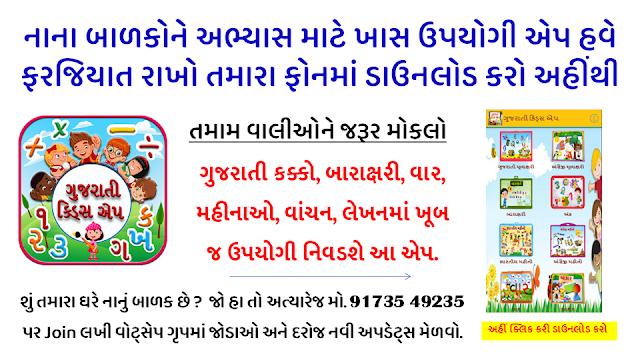Signs or symptoms of a snake bite may vary depending on the type of snake, but may include: if snake will bite you then what treatment should do as a primary treatment we give you all the details under this article when snake will you bite what should you do or what do you not do. the details under this article we provide you a full video regarding this. read this article till the end and share with your relatives this useful information. for more information read below.
If Snake will bite you what should you do
- Puncture marks at the wound
- When snake will bite you Dont get be highper
- Redness, swelling, bruising, bleeding, or blistering around the bite
- Severe pain and tenderness at the site of the bite
- Nausea, vomiting, or diarrhea
- You should Labored breathing (in extreme cases, breathing may stop altogether)
- Rapid heart rate, weak pulse, low blood pressure
- Disturbed vision
- Metallic, mint, or rubber taste in the mouth
- Increased salivation and sweating
- Numbness or tingling around face and/or limbs
- you should do Muscle twitching
snake bite treatment
When a snake will bite you you do if possible as soon you get the hospital. A doctor will evaluate the sufferer to decide on a specific course of treatment. In some cases, a venomous snake bite is not life-threatening. The severity depends on the location of the bite and the age and health of the victim. If the bite is not severe, the doctor may clean the wound and give the victim a tetanus shot.
If the situation is life-threatening, then docter will give a antivenom to protect a patient. It is a substance made from snake venom to combat the symptoms of snake bites. It is injected into the body of the victim. The sooner the antivenom is used, the more effective it will be.
Snake Bites: Symptoms & First Aid treatment
For More Information : Click here
Also here we can provide a information when snake will bite you. but please keep in mind that specific treatments is depending which type of snake will bite you the region, and the medical facilities available. If you or someone you know has been bitten by a snake, seek immediate medical attention and follow the advice of healthcare professionals. go to the near hospital as soon as possible docter give you antivenom to protect the patient.
Here are some general steps to consider in the treatment of snakebites:
- Stay Calm: When snake will bite you dont get panic stay try to normal because Panic can increase your heart rate and spread the venom more quickly through your bloodstream. it is very denger for patient.
- Immobilization: Keep the affected limb as still as possible. Immobilize it with a splint or sling to prevent the venom from spreading.
- Remove Tight Clothing and Jewelry: If the bite is on an arm or leg or any part of body, then quickly remove any tight clothing or jewelry near the bite site imiggtilily. This can help prevent swelling and allow for easier monitoring of the area.
- Positioning: Keep the bitten limb at or slightly below heart level. This can help slow the spread of venom through the bloodstream.
- Do NOT: Do not try to cut the wound, suck out the venom, use a tourniquet, or use electric shock therapy. These methods can worsen the situation and cause more harmful for the patient.
- Seek Medical Help: Get to the nearest medical facility as soon as possible, preferably by calling for emergency medical services (EMS) if available. take the antivenom.
- Antivenom: when snake will bite you should The primary treatment for snakebites is the administration of antivenom. Antivenom is a specific antidote that can neutralize the effects of snake venom. It should only be administered by trained medical professionals.
- Pain Management: Over-the-counter pain relievers like acetaminophen or ibuprofen can help manage pain and discomfort.
- Hydration: Drink plenty of fluids to stay hydrated, as snakebite venom can cause dehydration.
- Monitoring: Medical professionals will monitor vital signs, administer appropriate treatments, and observe the patient for any signs of allergic reactions or complications.
Remember, snakebites can be life-threatening, especially if they involve venomous snakes. The best course of action is to seek medical attention immediately. Additionally, it’s a good idea to try to remember the snake’s appearance or take a photo if it can be done safely then show the snake photo to the doctor its very helpful to treatment for doctor, as this can help medical professionals determine the appropriate treatment.
Prevention is also key: Avoid approaching or provoking snakes, wear appropriate clothing and footwear when in snake-prone areas, try to find the snake that space where snake will bite.
Thanks For Visit our website Stay Connected With us for Latest Government Exam, Latest 2023 Study Material, latest Exam call latters. Latest PDF Material For Forest, Police Constable, PSI, ASI, PI, And Various Government Exams Thank you.



.png)


